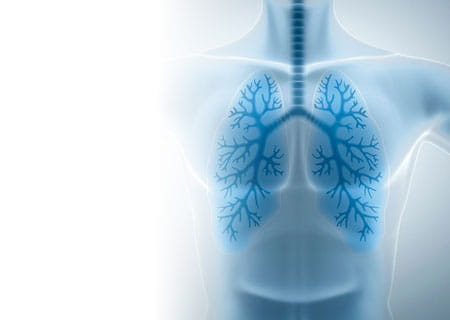Coronavirus

Coronavirus Information & Resources
The health and well-being of our patients will always be our top priority. We’re following best practices for cleanliness, infection control and employee health at all our facilities.
Please refer to the following resources for up-to-date information regarding visitor policies, COVID-19 research and other guidelines.
General Visitor Information
Virtual Care Options
Long-Haul COVID Recovery Clinic
COVID-19 Research at UH
Stronger Together: UH COVID-19 Response
COVID-19 Blog
In the News: UH and COVID-19 View all Articles & News









